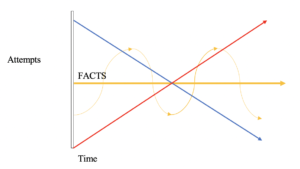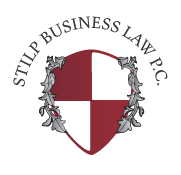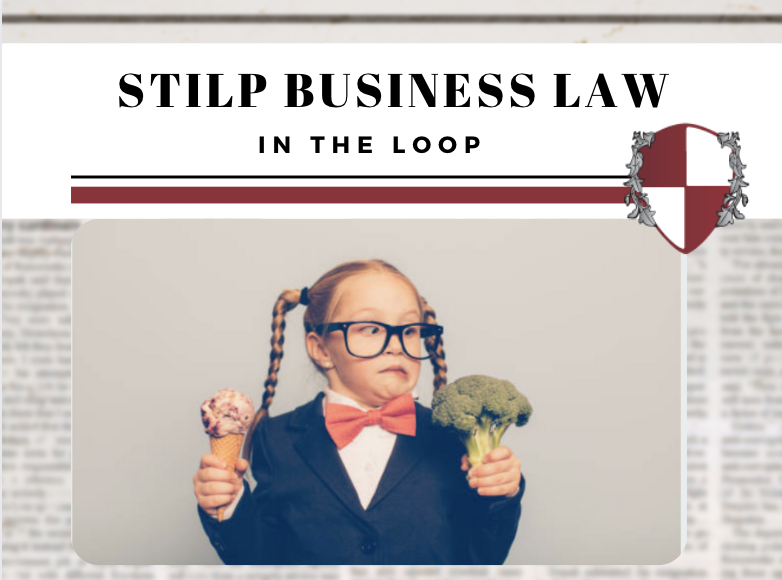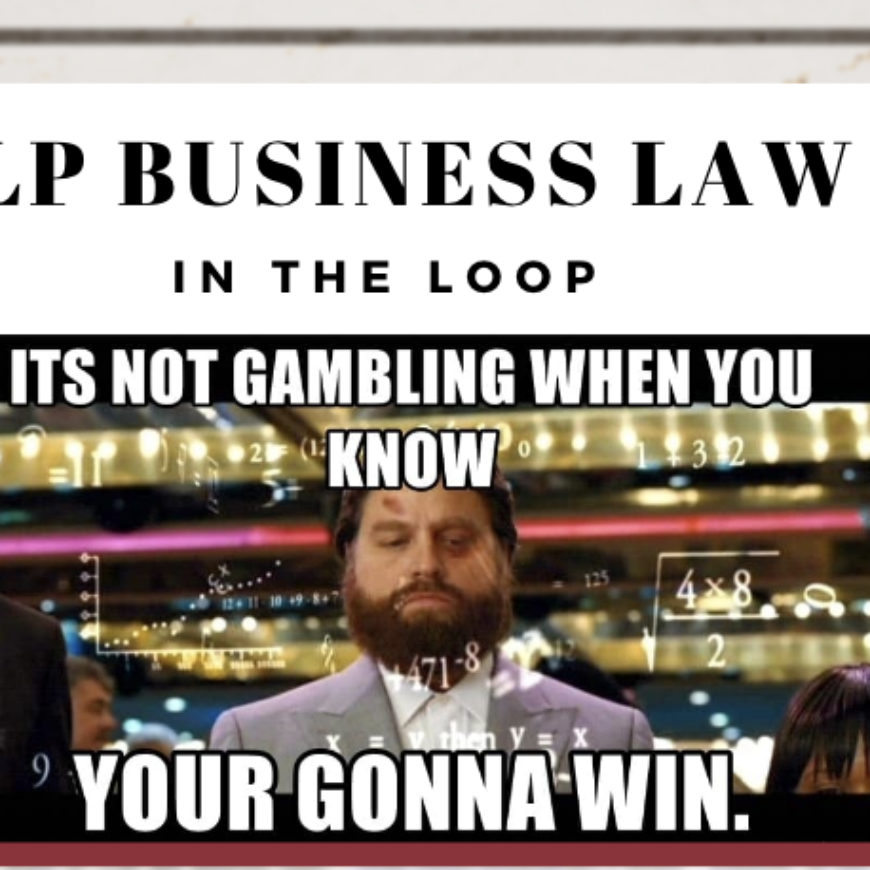Tom Stilp, JD, MBA/MM, LLM, MSC
According to Information Theory-Physiology, on a subconscious level, the human brain processes 11 million bits of information per second. On a conscious level, the brain processes an average of 50 million bits of information per second. (www.brittanica.com) We can watch TV, talk, walk, make coffee, and interact all without effort at fantastic rates of speed in thought. But there are some limitations.
First, there is “experience.” Experience is simply repeated feedback. The former CEO of Honeywell, David Cote, explained that in a crisis, an “experienced CEO” might say they have seen it all before and know what to do. Yet, to paraphrase an old saying, be careful to get out of experience only what you are told and stop there, lest you be like the cat that sits down on the hot stove lid. The cat will never sit down on a hot lid again, but it will never sit down on a cold one either.
Then there is “luck.” Luck is commonly viewed as “a self-correcting process in which a deviation in one direction induces a deviation in the opposite direction to restore equilibrium.” (A. Tversky, et al., “Judgment under Uncertainty, Heuristics and Biases,” 185 Science 1124-31 (1974).) Successful people, it is believed, make their own luck.
Next, there is “common sense,” or as Grandma used to say, the glue of “street-smarts.” When a judge instructs a jury to rely on “common sense,” the judge is invoking a reservoir of empirical generalizations to ask the jury to construct what has occurred. (R. Burns, A Theory of the Trial, p. 18, 1947, reprint 1991.) People who do not succeed are said to have bad luck, or lack common sense, or are just inexperienced. Thus, common sense may be a combination of “experience” and “luck.”
Finally, there is “expertise.” People with expertise make good decisions and are said to have a conceptual understanding of rational decision-making. (M. Bazerman, Judgment in Managerial Decision Making, p. 195, 1994.) Expertise is a continuous, iterative process that is checked against itself all the time.
The solutions sometimes converge at exactly the right spot. In the face of knowing or not knowing, as humans, we have always prided ourselves on having big brains and figuring out the appropriate response:

We make judgment calls each time. We balance the pros and the cons. And we get closer and closer to the truth as we gather more facts, evidence and information. That requires experience, common sense, expertise, and yes, making our own luck. Often, we have seen trial attorneys working not to lose a case instead of fighting to win it. The result is failure.
Some think success is a bit like tossing a boomerang into a fog. They know it is supposed to come to them at some point, but are not sure when. But success is not random. The old maxim that “there is no deal until money changes hands” reflects the simplicity of any transaction, but ignores the intricacy of the accomplishment.
If you want experience, common sense and expertise (over 30 years), and a little luck, give us a call!
Image Cred: istock



